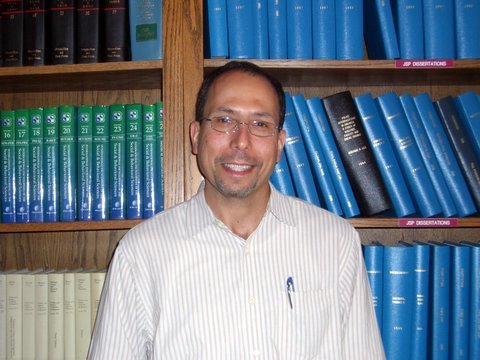When Rights Die
Amid the near universal public euphoria we experienced yesterday over Barack Obama's election as President (at least here in Berkeley), a dark sense of dread and despair grew as it became clear that California voters had narrowly approved a constitutional ban on same sex marriage (52% approved). As reported by Jesse McKinley and Laurie Goodstein in the New York Times, similar bans passed in Florida and Arizona.
Much discussion focuses on the intensity of support for the measure among the religiously conservative and on the failures of the opposing campaign. Clearly we are seeing the results of a strategic decision by religious leaders to make anti-homosexuality the new abortion.
The Rev. Joel Hunter, an evangelical pastor in Florida, said many religious conservatives felt more urgency about stopping same-sex marriage than about abortion, another hotly contested issue long locked in a stalemate.
“There is enough of the population that is alarmed at the general breakdown of the family, that has been so inundated with images of homosexual relationships in all of the media,” said Mr. Hunter, who gave the benediction at the Democratic National Convention this year, yet supported the same-sex marriage ban in his state. “It’s almost like it’s obligatory these days to have a homosexual couple in every TV show or every movie.”
Old style religions of all kind, as anthropology long recognized, work by defining the chosen against the perfidy of a distinct other.In some respects gays and lesbians might be hard to demonize because they have been distributed (by God?) among all segments of the population, and are not marked by skin color, language, or political ideology. But the cultural revulsion toward same sex intimacy long reproduced by the popular culture to which Mr. Hunter refers to in the quote above, continues to work in favor of legal bigotry.
In time, I believe, religious leaders like Mr. Hunter, will regret having tied their faith to the rather thin strand that connects biblical morality (however read) to same sex intimacy, especially in the face of a persistent cultural move toward accepting that intimacy. In the meantime we in the progressive community have to call out Mr. Hunter and President Elect Barack Obama about their cultural attachment to bigotry.
As a legal matter, the enactment of Proposition 8 reflects something that is surprisingly rare and very sad, the death of a right. Back in June, when the California Supreme Court held that the state constitution prohibits the government from denying the status of marriage to otherwise qualified same sex couples,they expanded the terrain of legal rights for all in California. To the vast majority of Californians who are heterosexual, that right may seem of little value, but in time, who can say what additional rights would have grown from this new branch of our living constitution. On November 4th, the voters have engaged in what legal theorist Robert Cover called "jurispathic" conduct, or law-killing.
The right response to the death of law, is to plant a thousand new seeds. These may come through the legislature, more court actions, city ordinances, and through acts of spontaneous law creation like Mayor Gavin Newsom launched in San Francisco several years ago when he ordered the clerks of the city hall to grant the licenses to same sex couples.

